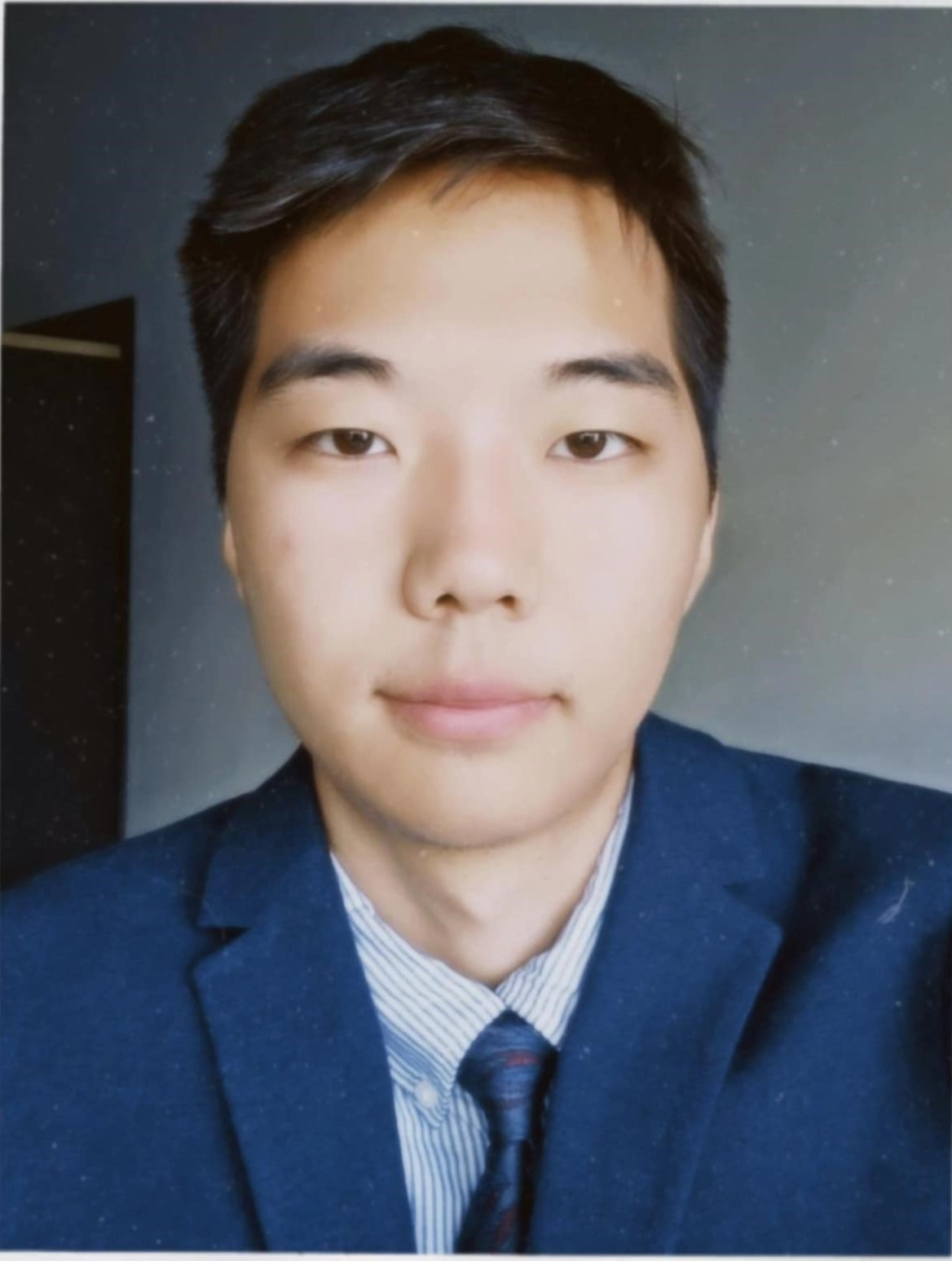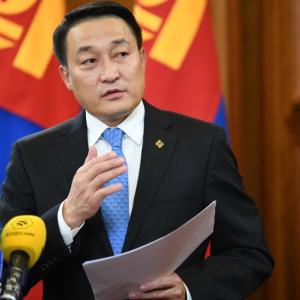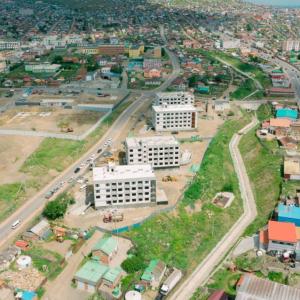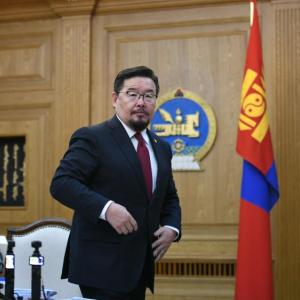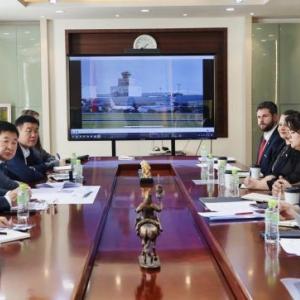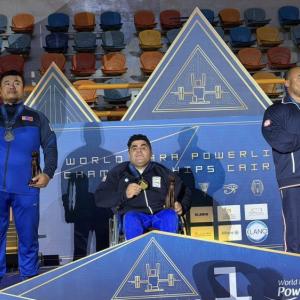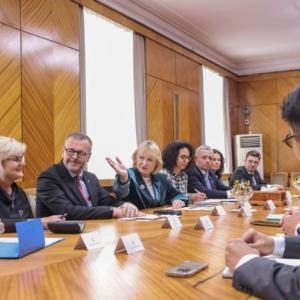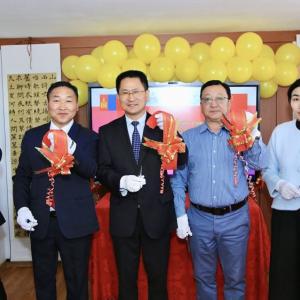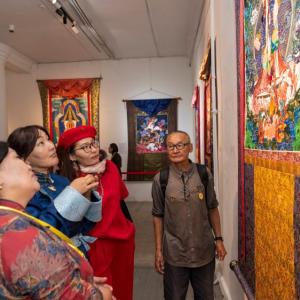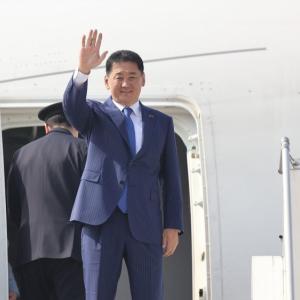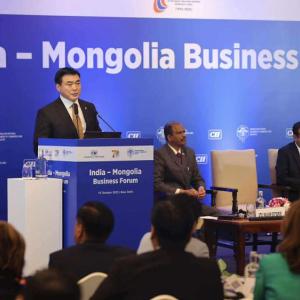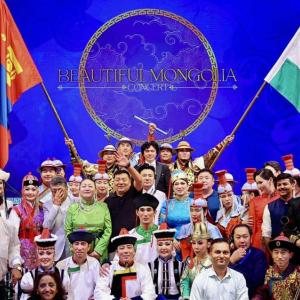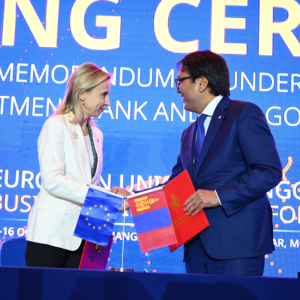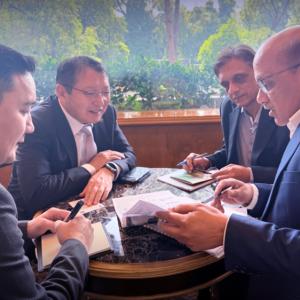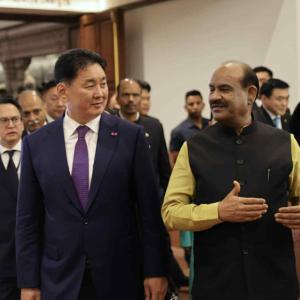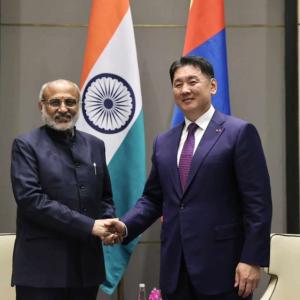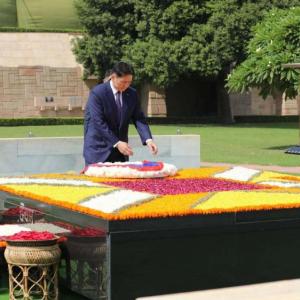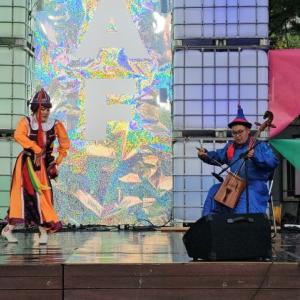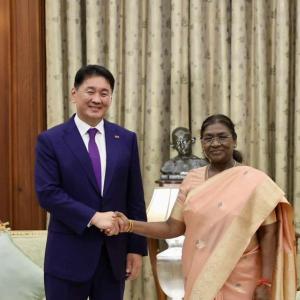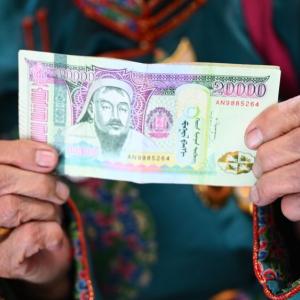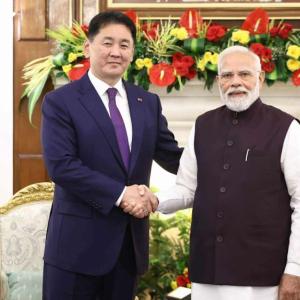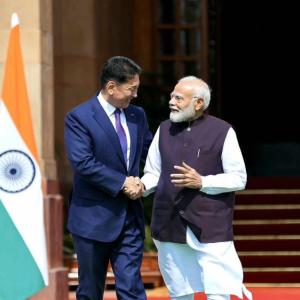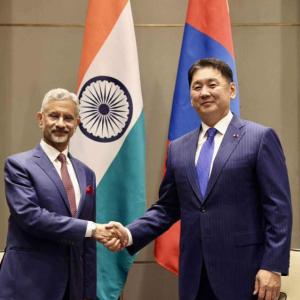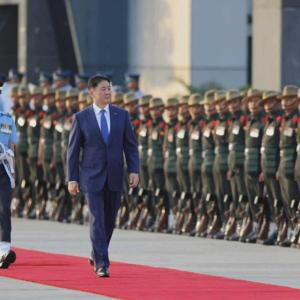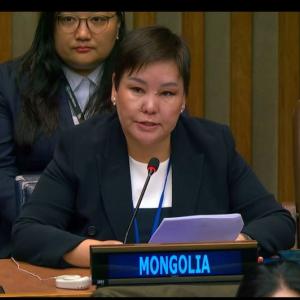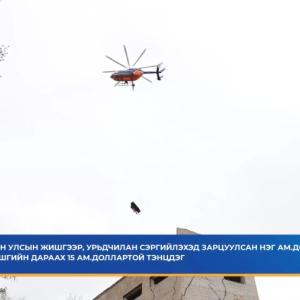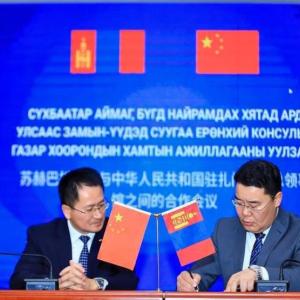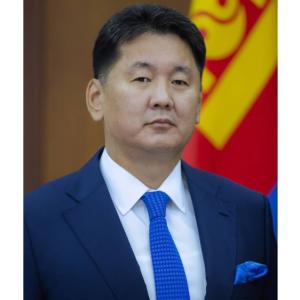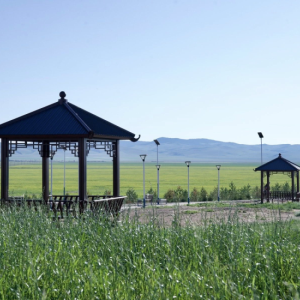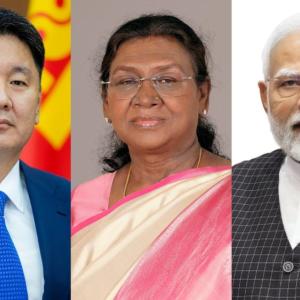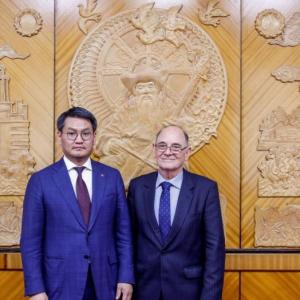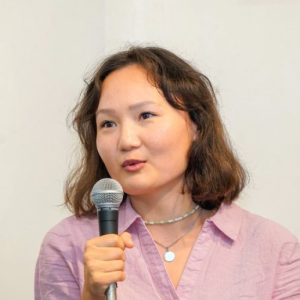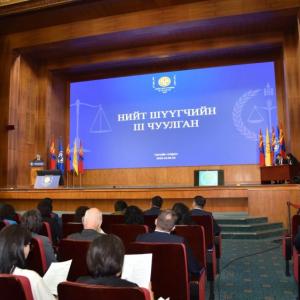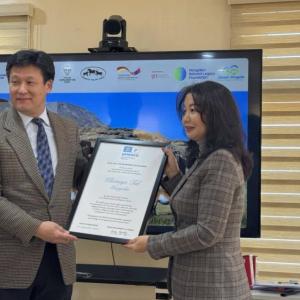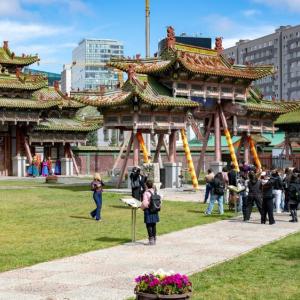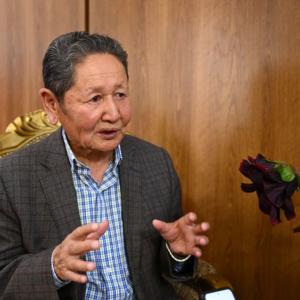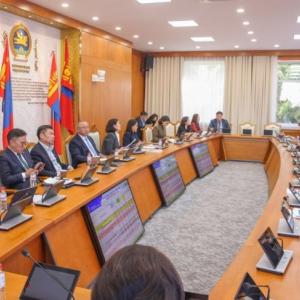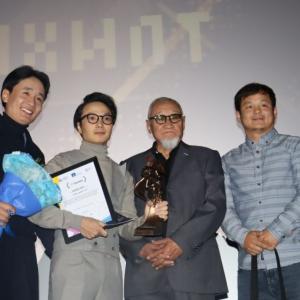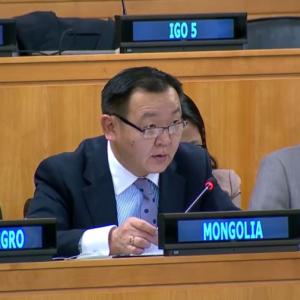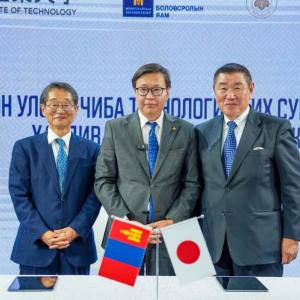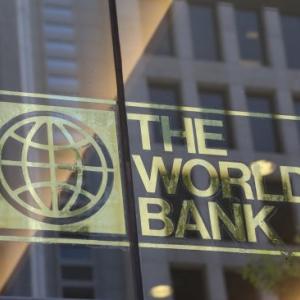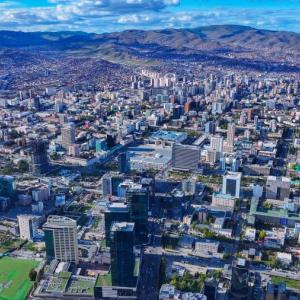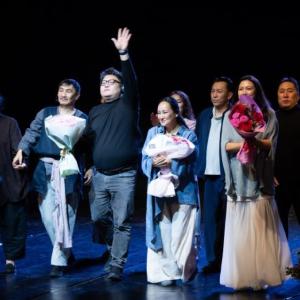U. Tuya: Human Rights Education to Be Delivered at All Levels from Preschool to Higher Education
Society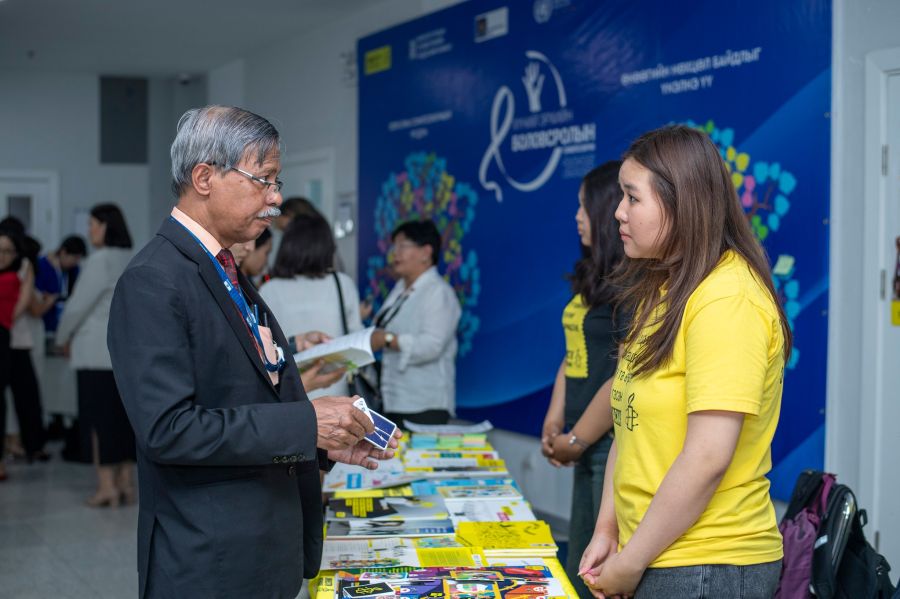
Ulaanbaatar, July 2, 2025 /MONTSAME/. The National Human Rights Commission of Mongolia (NHRCM), Amnesty International Mongolia, and the National University of Mongolia jointly organized the Human Rights Education Symposium 2025 on July 2.
The symposium, which aims to exchange information on the status, legal environment, and reforms of human rights education in Mongolia, has been held biennially since 2013. In 2023, a symposium under the theme of “Methodologies of Human Rights Education” was held, during which 45 methodological recommendations were provided to 13 organizations and officials. The symposium with the goals of enhancing national capacities for human rights education and expanding cooperation and exchange experience with countries of the region took place for the fifth time. This year, representatives from governmental and non-governmental organizations, teachers, and researchers in the field of education discussed how to deliver human rights education within the education sector.
The Government of Mongolia last year approved the “Concept of Preschool and General Education Curriculum for 2024–2036 and is renewing the curriculum. Within this framework, the Government intends to develop a matrix of human rights education content covering all levels of education institutions, including preschool, general education, vocational and technical education, and higher education.
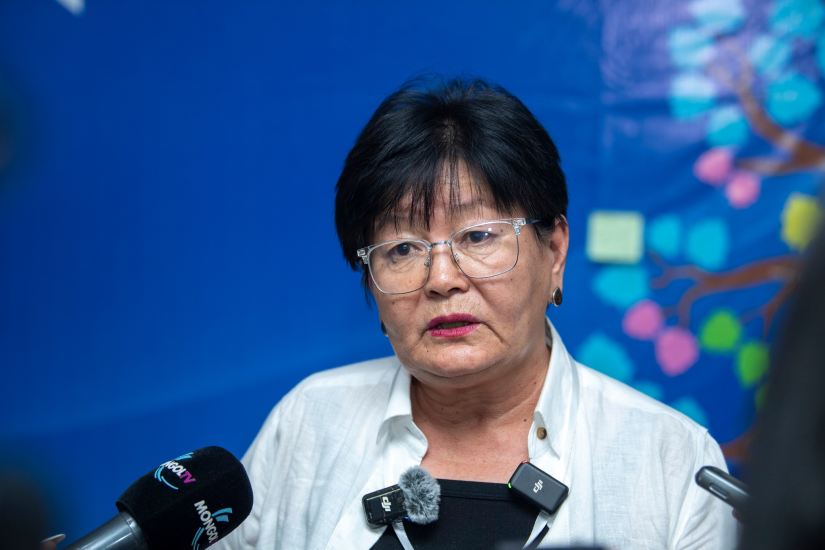
Dr. U. Tuya, Advisor to the Curriculum, Assessment, and Textbook Research Sector of the National Institute of Educational Research, noted, “It is insufficient to merely formulate papers, such as textbooks or curricula, under the name of supporting and developing human rights. Human rights education constitutes a substructure of specific systems—that is, an ecosystem. Therefore, we must also address the skills of teachers that provide the education, teaching methodologies, and macro- and micro-environments in addition to human rights education itself. Moreover, it is necessary to consider the involvement of schools, society, and families in a broad context. On the other hand, this type of education is not solely an issue of general education schools. It is also appropriate to address it at vocational and higher education levels. Currently, we are renewing the curriculum at the preschool and general education levels. In doing so, we have focused not on content but on what skills children should develop. In the future, we aim to promote human rights education within vocational and higher education curricula.”
During the symposium, representatives from Japan, the Republic of India, and the Kingdom of Thailand shared their best practices in delivering human rights education.
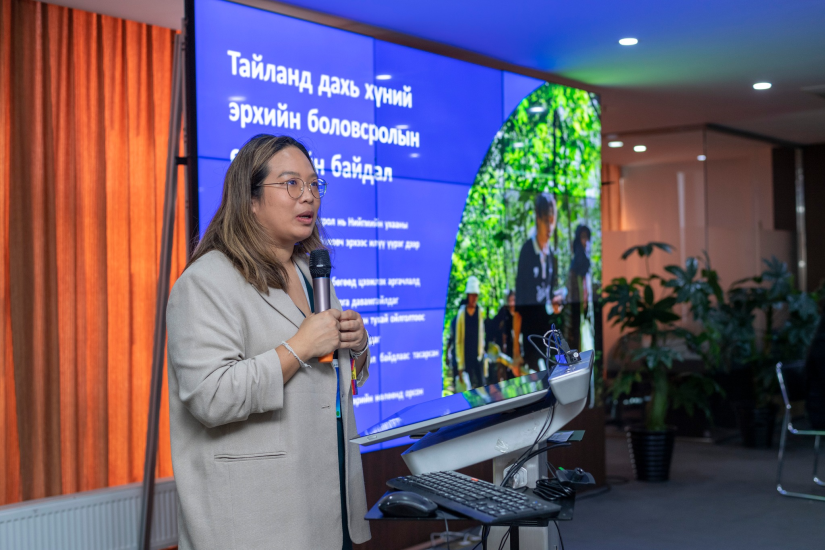
Campaign Manager at Amnesty International Thailand Petcharat Saksirivetkul said, “The most important aspect of delivering human rights education is to assess the current situation and develop a plan. In doing so, it is crucial not only to look at what kind of education is being delivered and what is being taught, but also to ensure that a safe environment exists to discuss human rights. In our country, the close cooperation of human rights activists in the education sector is an advantage. In kindergartens, we place greater emphasis on teaching rights and responsibilities, while in the lower grades, we focus on the right to live and to participate. As students advance through the grades, they are taught about political rights. At the university level, in addition to delivering knowledge about human rights, we also help students with their decision-making skills. For example, professors meet with students as part of their classes to discuss the challenges facing human rights and explore possible solutions. In the case of Mongolia, I see it as an excellent example that decision-makers and policymakers are engaging in joint discussions on what issue should be addressed.”
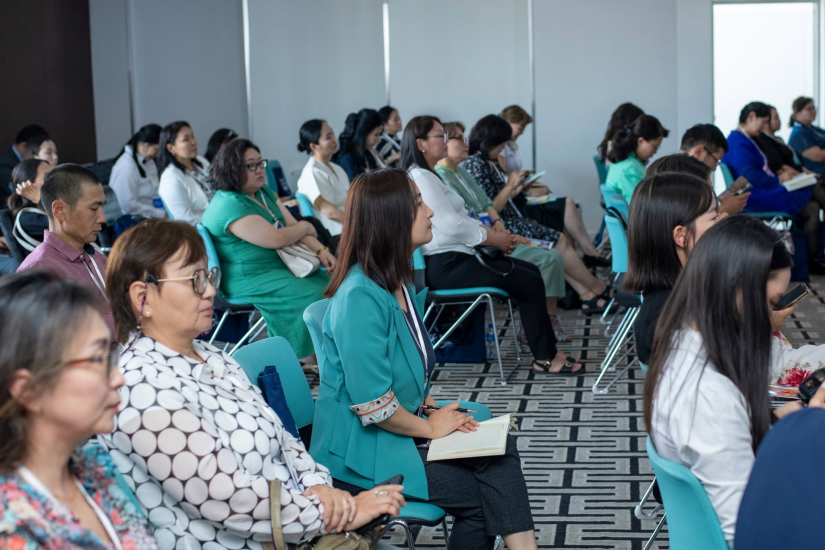
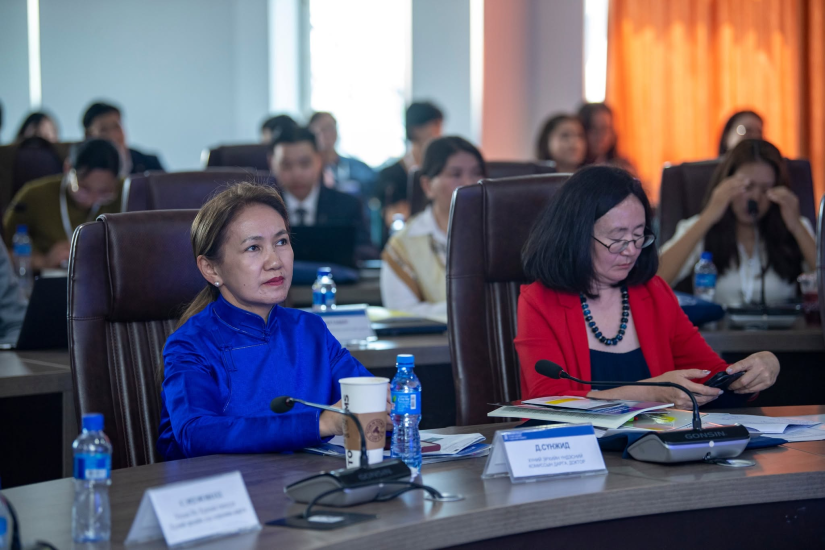
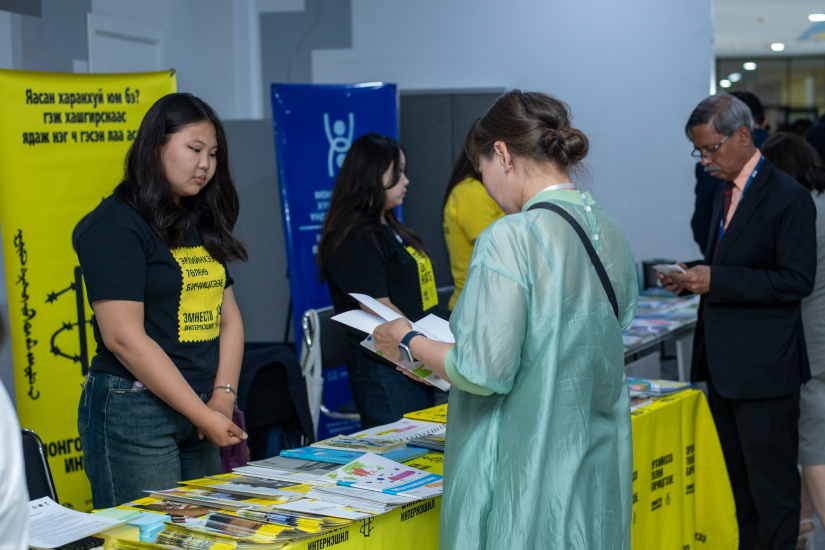
 Ulaanbaatar
Ulaanbaatar





